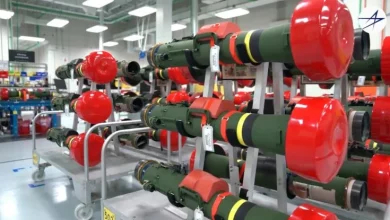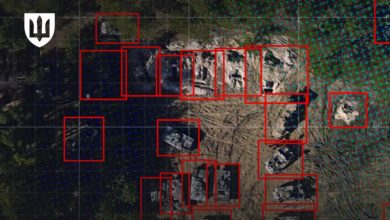US military’s “Insect Allies” may develop offensive bio-chemical weapons

Recently, the official website of the US Defense Advanced Research Projects Agency(DARPA) released related content of its “Insect Allies”, a program seeking to mitigate the impact of non-state actors’ incursions by applying targeted therapies to mature plants with effects that are expressed at relevant timescales—namely, within a single growing season.
Senior Colonel Shao Yongling, a researcher at the PLA Rocket Force Research Institute and military observer, believed that US military’s participation in an agricultural security project does not exclude the possibility of future use in biological warfare, which should arouse vigilance.
According to Shao, as scheduled and conceived by the US DARPA, the “Insect Allies” program aims to rapidly transfer genetically engineered viruses by insects to prevent crop failure driven by climate change and pathogens, and in turn to protect the US agricultural production system and ensure food security of the Americans.
However, related research carried out by the US military can also transfer modified genes to field crops through insect vectors, that is, to artificially control crop failure or even total crop failure. The fact that a food security-centered project is led by a US military agency responsible for the development of sophisticated weapons, is sure to have the potential of a transformation to the development of biological weapons.
Furthermore, Shao explained that the use of insects as the carrier of virus transmission is characterized by low cost and high stealthiness. Once utilized by people or countries with ulterior motives to attack crops in other countries, the crops infected may suffer output reduction or even total failure, so as to result in a food crisis in the country.
Shao also questioned the impact of this project on the ecological environment. She said, once the insects are deployed in farmland, it is difficult to confine them to a certain range. Meanwhile, it is yet to study whether the genetic changes are hereditary. Once it goes out of control, the project may cause unexpected damage to the entire ecological environment.
“I think there are many ways to deal with issues on food security. To protect crops by resorting to genetic modification is to assume a false identity to conceal the true purpose. It is prone to arouse concerns of others over the US military-led program’s potential as a disguise to develop biological weapons to launch biological warfare, which is in line with the US military’s constant way of act.”





